-
Research brief: Global warming temperatures set to accelerate as trade winds slow
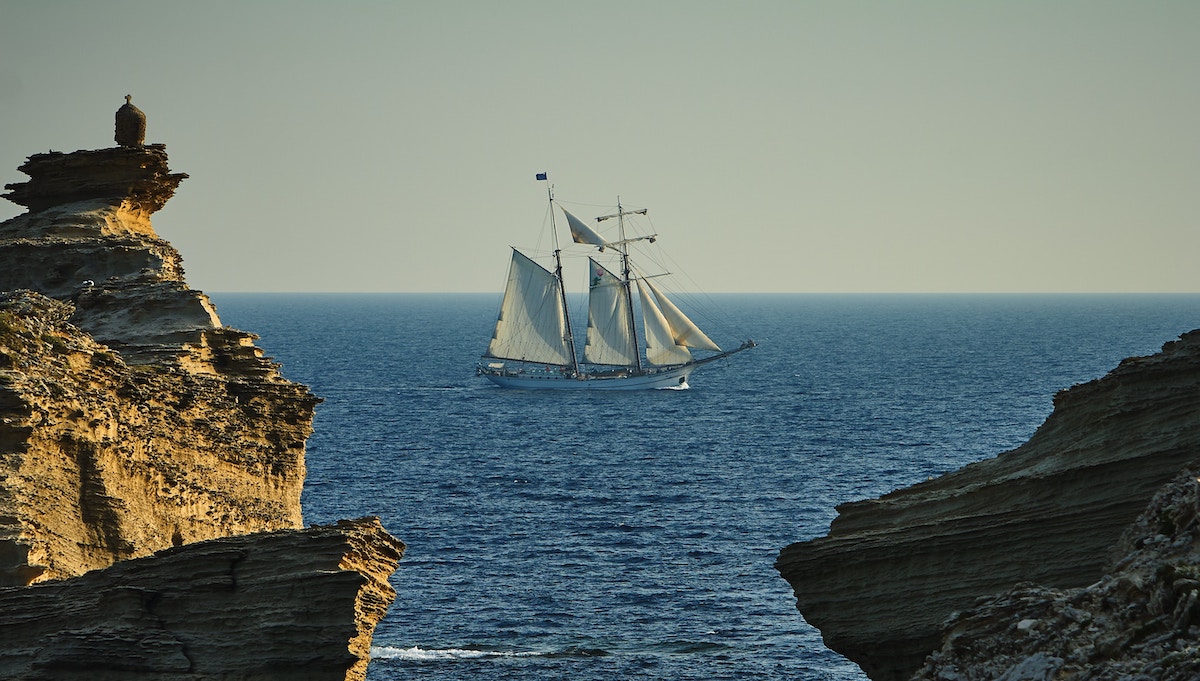
Natural variability has been found to play a role in the speed of warming of land surface temperatures. With indications that the negative Interdecadal Pacific Oscillation is now becoming positive, this suggests that the hiatus period is over and we are likely entering a phase of accelerated warming of global surface air temperatures.
-
Research brief: Data assimilation produces more realistic representation of Antarctic warming
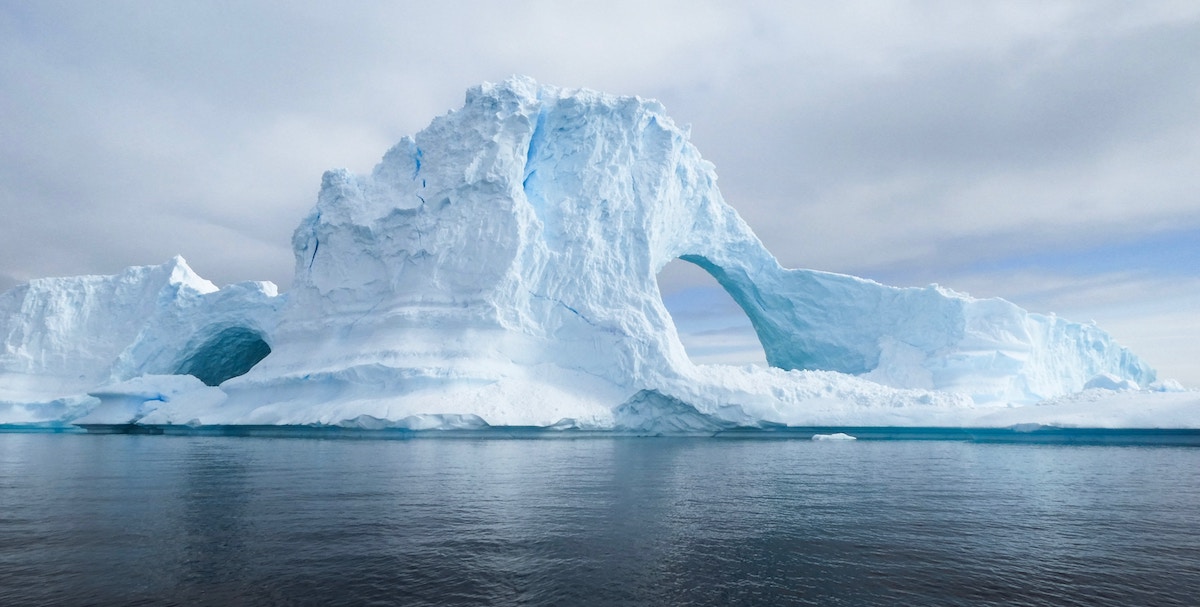
New research confirms the long-term cooling over Antarctica during the last millennium and the delayed onset of anthropogenic warming are found in simulations that assimilate palaeoclimate data. This is not evident in simulations without data assimilation.
-
Research brief: New statistical method identifies robust reconstructions of past ENSO events

This study employs a new statistical approach to reconstructing ENSO which enables researchers to identify times in the past when palaeo-ENSO reconstructions are most robust. They found that ENSO reconstructions are most reliable from 1580-1700, and from 1825 to present.
-
Research brief: New method produces more precise and complete representation of wave climate variability
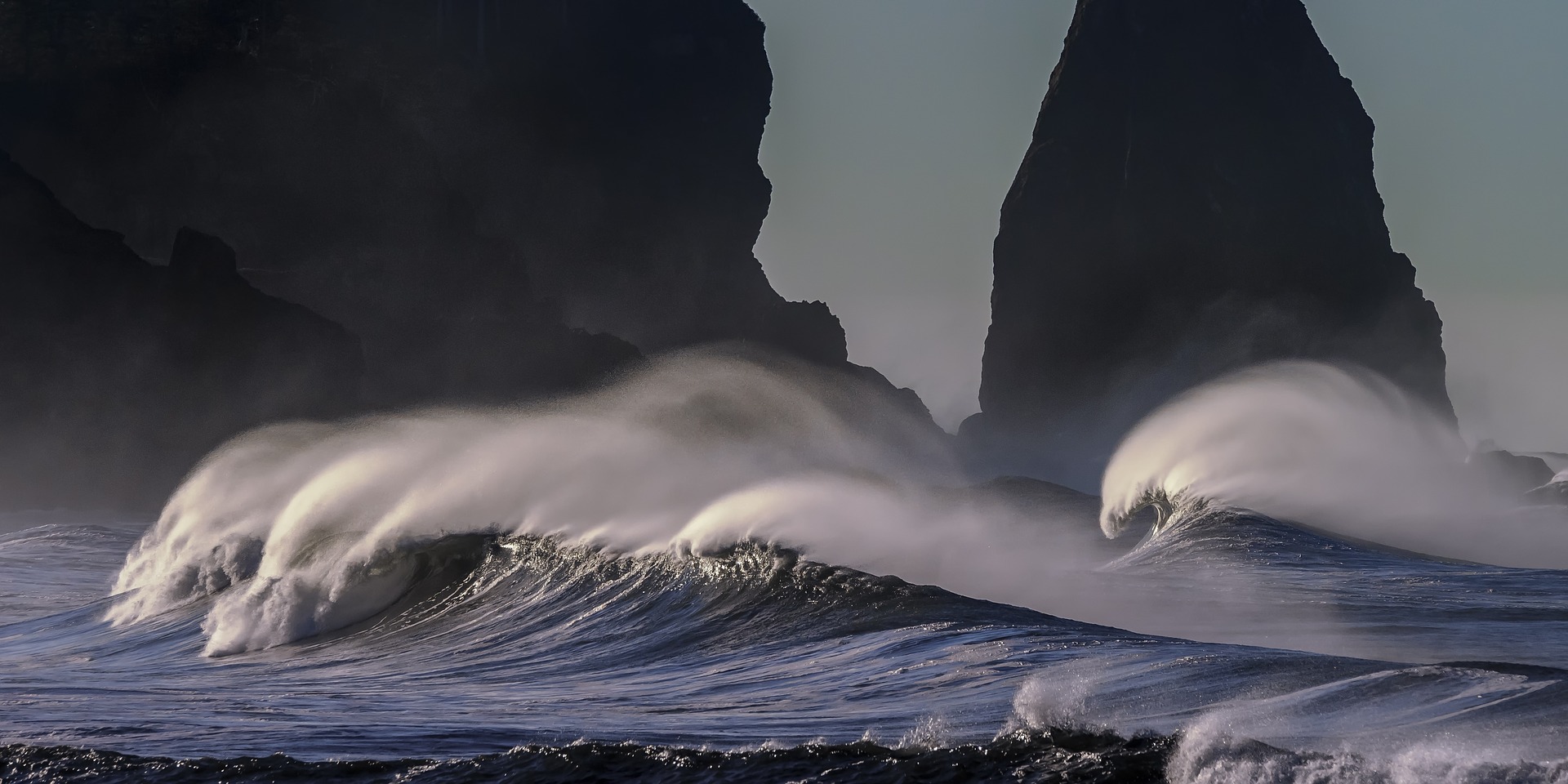
CLEX researchers present a new method to examine seasonal variations in the global wave climate that accounts for the full directional wave spectra and includes wave systems with different frequencies and directions separately.
-
“Impossible” research produces 400-year El Niño record and reveals astonishing change
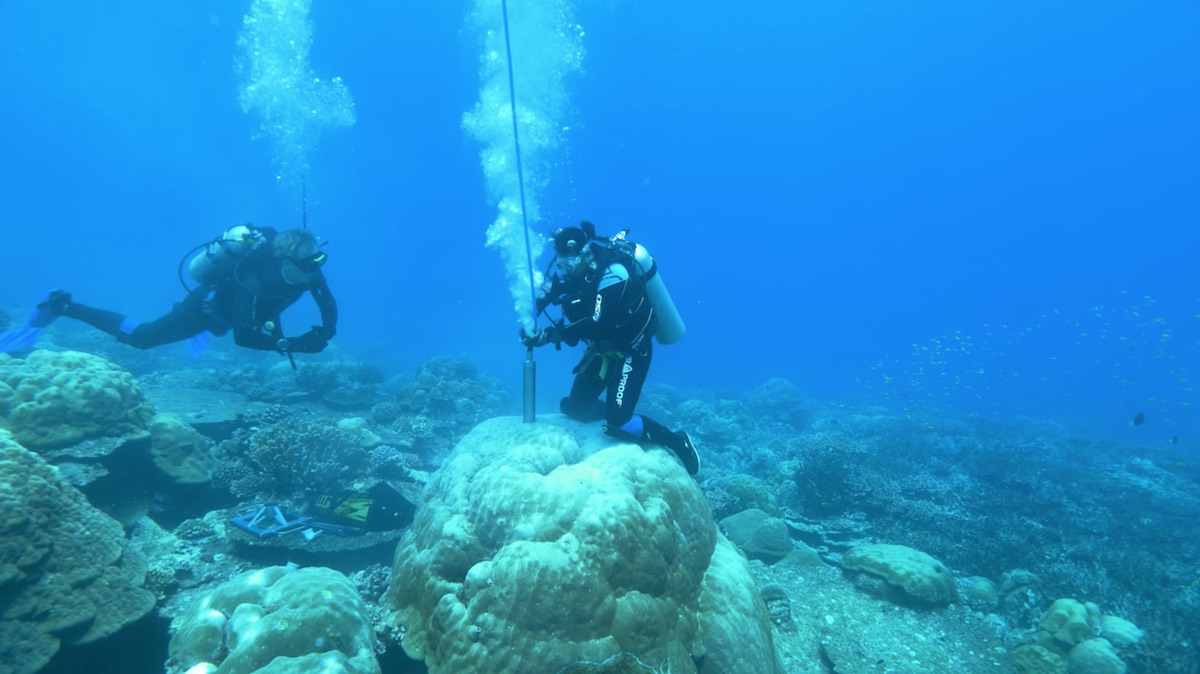
Dr Mandy Freund and CLEX colleagues have produced a world first 400-year long record of El Niño activity. It’s a record that was previously considered impossible to extract from coral cores.
-
Research brief: Which species matter most for marine ecosystems to survive climate change?
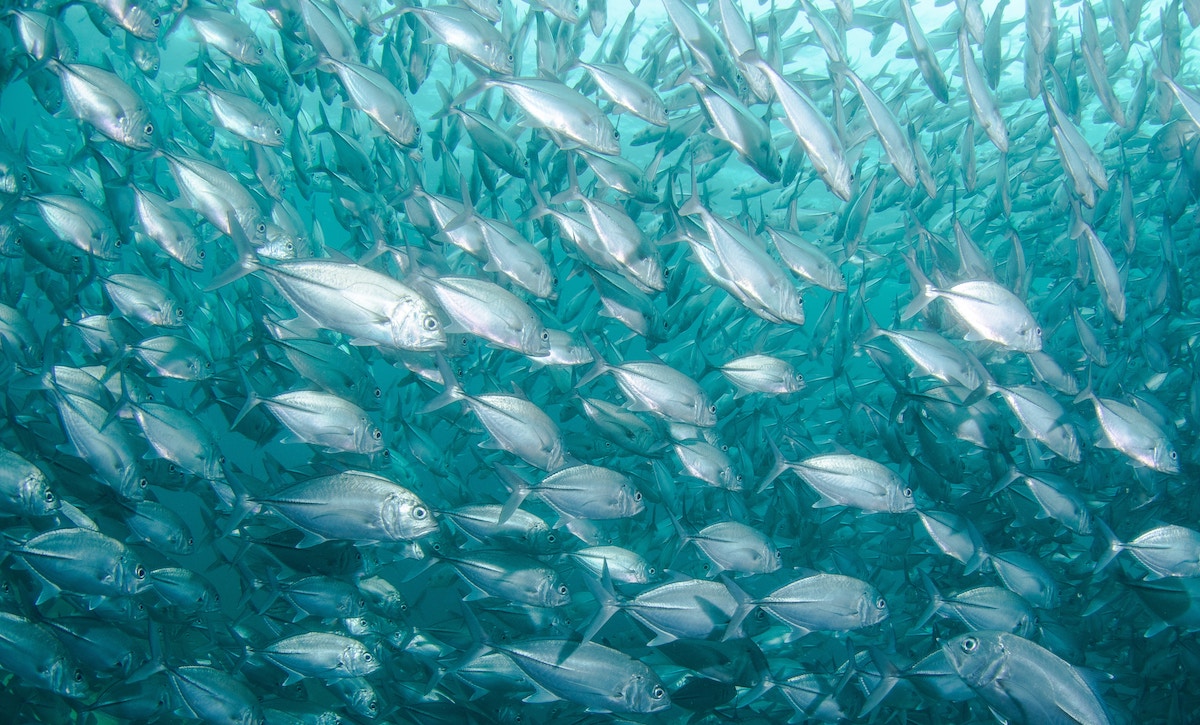
CLEX researchers and colleagues discovered which species are most important in transferring climate change impacts through the ecosystem using a model that simulated the southeast Australian ecosystem through to 2050.
-
Research brief: New understanding reveals how jets and cyclones interact

A new framework for cyclone jet interaction improve our understanding of how the turbulent atmosphere is organised in coherent motions via the jet stream
-
Research brief: How climate projections change with different model subsets

This work examines how climate projections are affected by using different subsets of available climate models. The researchers find several variables need to be optimised independently to get the best results.
-
Research brief: Redesigning the Tropical Pacific Observing System
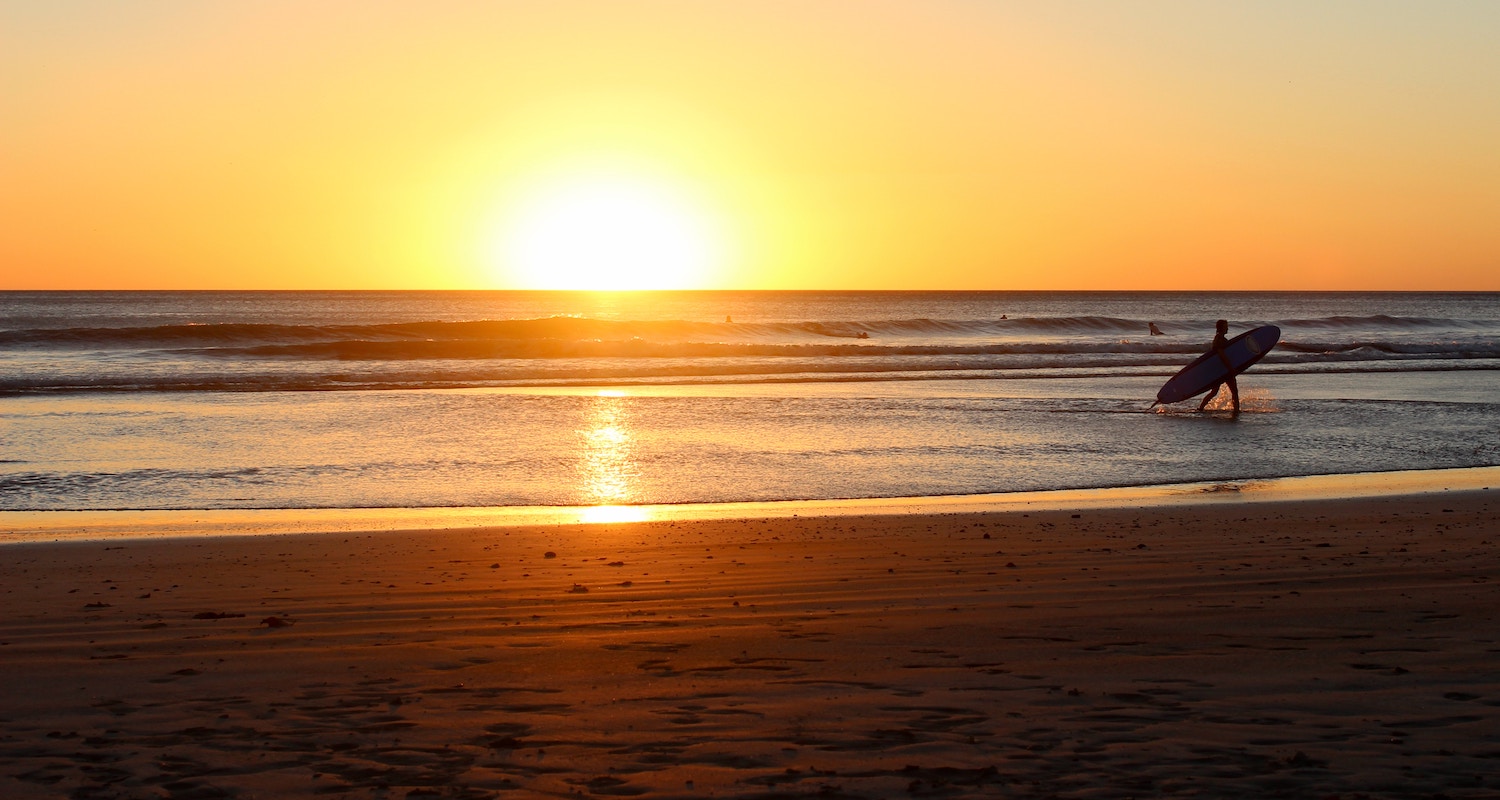
An improved Tropical Pacific Observing System that is responsive to user needs will provide for better understanding and prediction of the climate system, which will reduce climate uncertainty for society.
-
Research brief: Strongest El Niño events to increase with climate change

We can expect more occurrences of extreme weather associated with eastern Pacific El Niño events (the strongest and most destructive of the two types of El Niño events), which will have pronounced implications for the twenty-first century climate, extreme weather and ecosystems.
